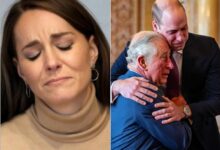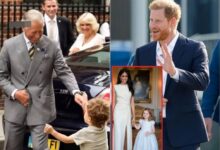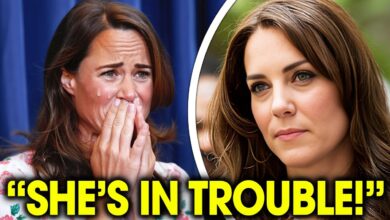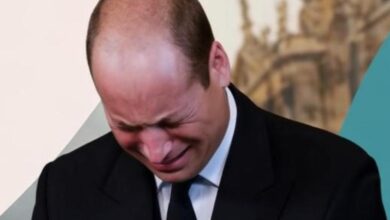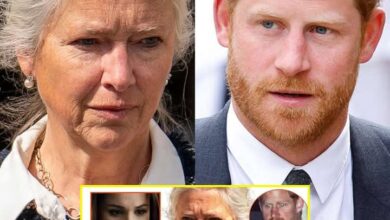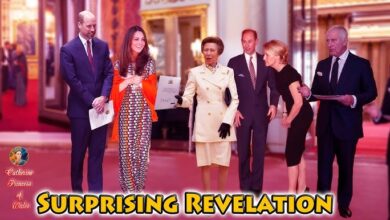Prince Harry makes promise to the indigenous as King Charles gets backlash
Here’s an inspiring story about connection, culture, and community. Prince Harry made a special visit to the Musqueam Indian Reserve in Vancouver on November 19th, and let me tell you, the welcome he received was nothing short of heartwarming. Harry, who’s on a solo trip to promote the upcoming Invictus Games Vancouver Whistler 2025, was invited into the Little House, a sacred space where family and community come together, by Chief Wayne Sparrow. Doesn’t that sound like such a meaningful start to his visit?
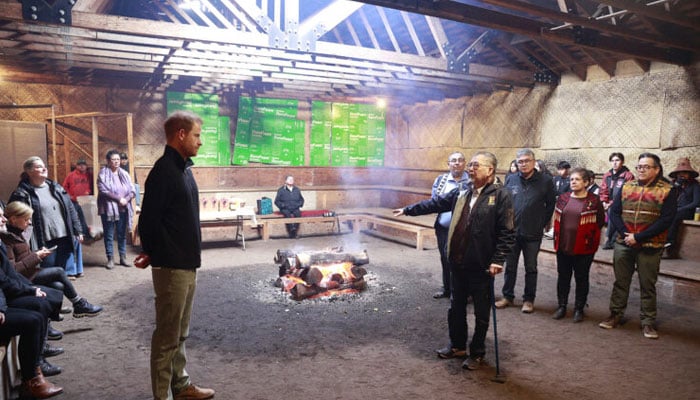
During his time at the reserve, Harry met with leaders from several Indigenous nations, including Chief Dean Nelson of the Lil’wat Nation, Chief Jen Thomas of the T’ewúth Nation, and Wilson Williams, spokesperson for the Squamish Nation. It wasn’t just about shaking hands and posing for pictures. This visit was all about listening, learning, and building connections. Harry was deeply moved by the warmth and hospitality he experienced, and he didn’t hold back in expressing his gratitude. In a statement from Harry’s office, he shared how much this visit meant to him. It gave him a chance to learn more about the cultural and historical significance of the host nations while reflecting on the importance of understanding and healing.
Imagine sitting in such a sacred space, surrounded by people sharing stories and traditions. It must have been a truly powerful experience. Harry also made a promise to keep pushing for positive change through his work with the Invictus Games, which he started back in 2014. He’s committed to leaving a lasting impact, but here’s the key part: he wants this legacy to be grounded in respect and collaboration with Indigenous communities. It’s not just about sports; it’s about creating connections that go far beyond the games.

While Harry was in Vancouver, something quite different was happening across the pond. King Charles and Queen Camilla hosted a grand diplomatic reception with foreign ambassadors and dignitaries in the UK. Even Prince William attended, though Kate Middleton wasn’t present. These kinds of events are all about celebrating international relationships, but it’s interesting how they contrast with Harry’s quieter, more personal visit.
The monarchy has faced its challenges in recent times, particularly with resistance from Indigenous communities. For example, during King Charles’ visit to Australia in October, Senator Lydia Thorp protested, chanting “not my king” and reminding everyone that the land belongs to Indigenous people. Moments like these highlight the tension between the Crown’s colonial history and its role in today’s world. Even King Charles has acknowledged the need to confront the past. Speaking at a Commonwealth Nations meeting in Samoa, he talked about the painful parts of history that still affect people today. He emphasized how understanding this history can help guide better decisions for the future.
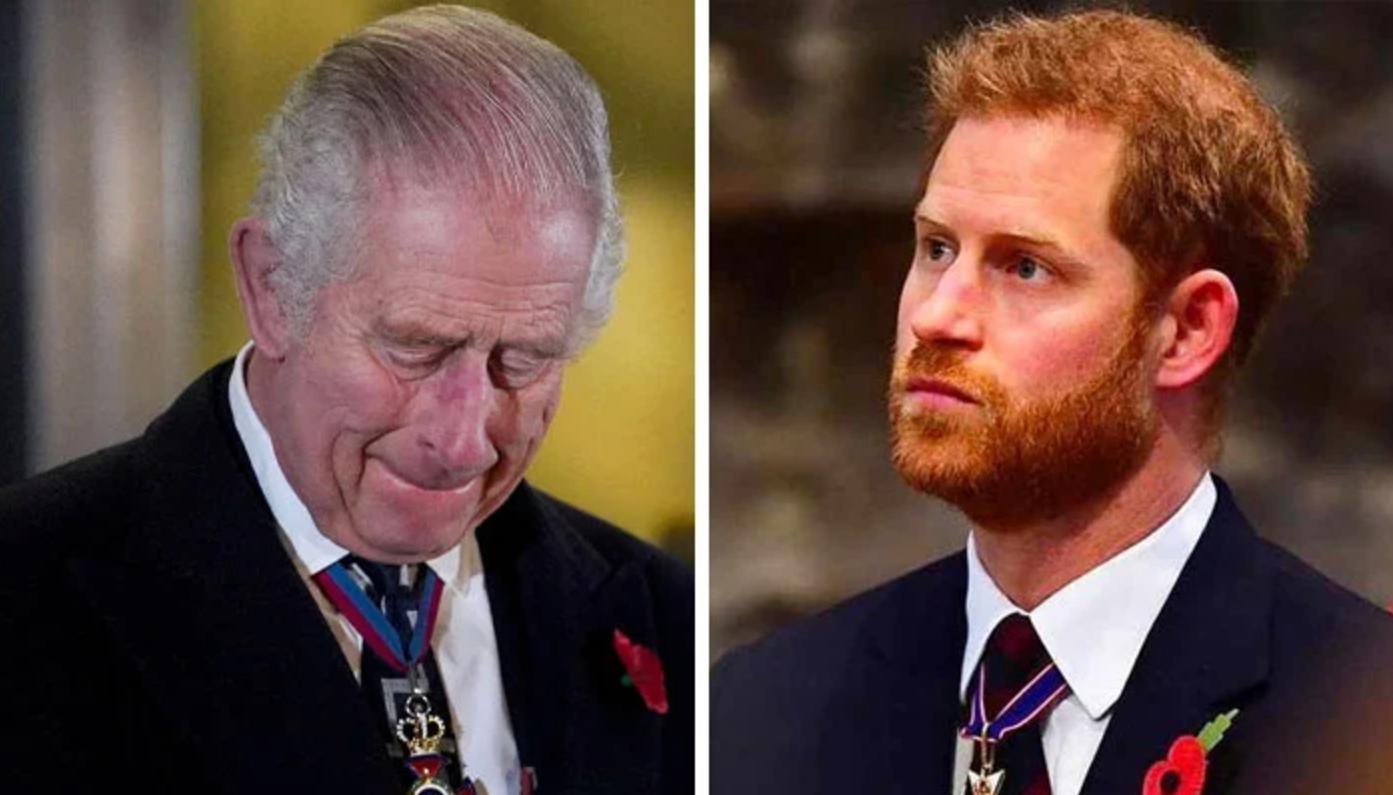
It’s clear that both Harry and Charles are trying, in their own ways, to bridge divides and foster understanding. Harry’s visit to the Musqueam Indian Reserve feels like a step in the right direction. By listening to Indigenous leaders and engaging with their cultures, he’s showing a commitment to creating a positive legacy—not just for the Invictus Games, but for the communities he’s connecting with. It’s a reminder that sometimes the most powerful impact comes from simply being present and willing to learn.
What do you think about Harry’s approach? It’s fascinating to see how he is using his platform to bring attention to important issues while also building meaningful relationships. Maybe this is a sign of the royal family evolving in different ways. Let’s hope this visit is just the beginning of more positive collaborations.
